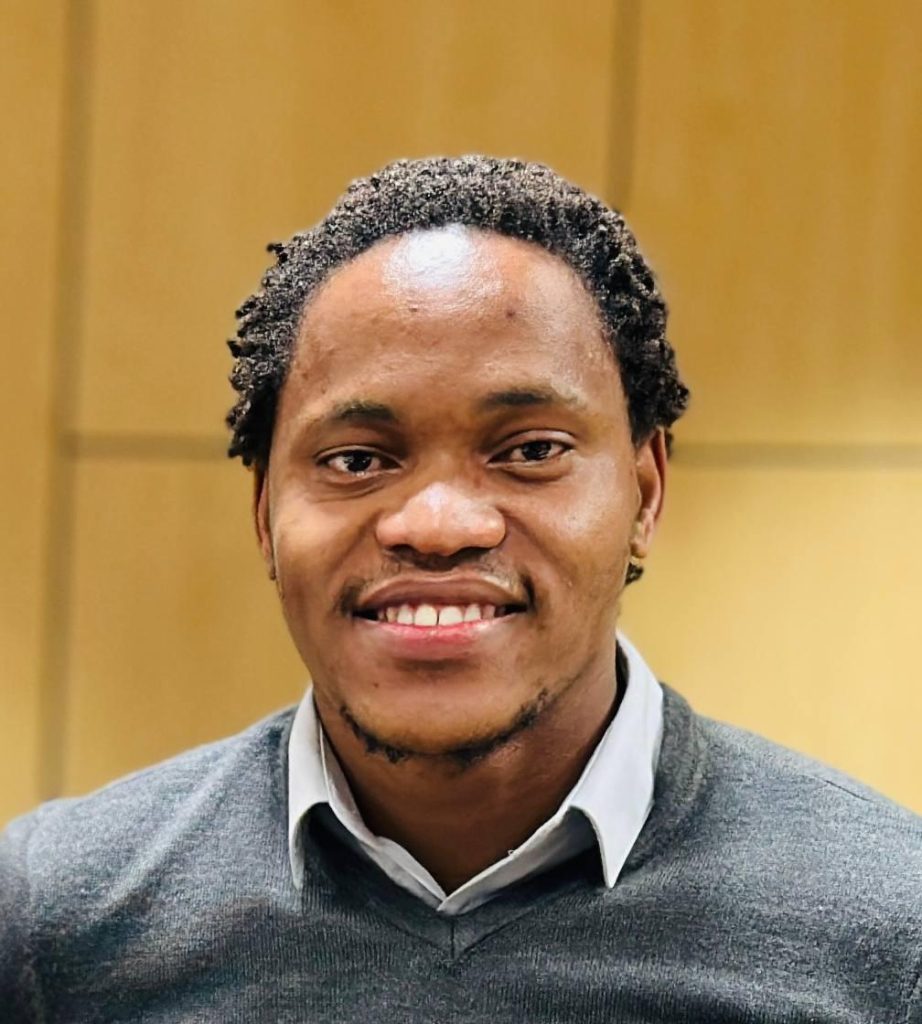Tanzanian international human rights lawyer Tito Magoti says the ongoing protests across the country reflect citizens’ growing frustration with repression and political exclusion.

Speaking in an interview with NTV, Magoti said the demonstrations, which have entered their second day, began as small gatherings of citizens rejecting what they described as a one-sided election. He noted that protesters in Dar es Salaam and several other regions, including Mbeya, Mwanza and Dodoma, have been demanding meaningful political reforms, free expression and the end of abductions and enforced disappearances.
“People were simply saying this is not an election. We can’t go into a process where the opposition is absent and key institutions are controlled by the ruling party,” Magoti said.
He described the curfew imposed in Dar es Salaam as illegal, explaining that under Tanzanian law, only Parliament or the Prime Minister can authorize such restrictions. “The police cannot announce a curfew forty minutes before 6 p.m. without legal backing,” he said, calling the move a violation of people’s rights.
“The people are rewriting our political culture. They are showing that Tanzanians are no longer silent observers but active citizens ready to shape their future,” he said.
The protests follow a tense election marred by internet blackouts, low voter turnout and the exclusion of main opposition candidates. Analysts say President Samia Suluhu Hassan now faces mounting pressure both locally and internationally to address the grievances fueling the unrest in Tanzania.





